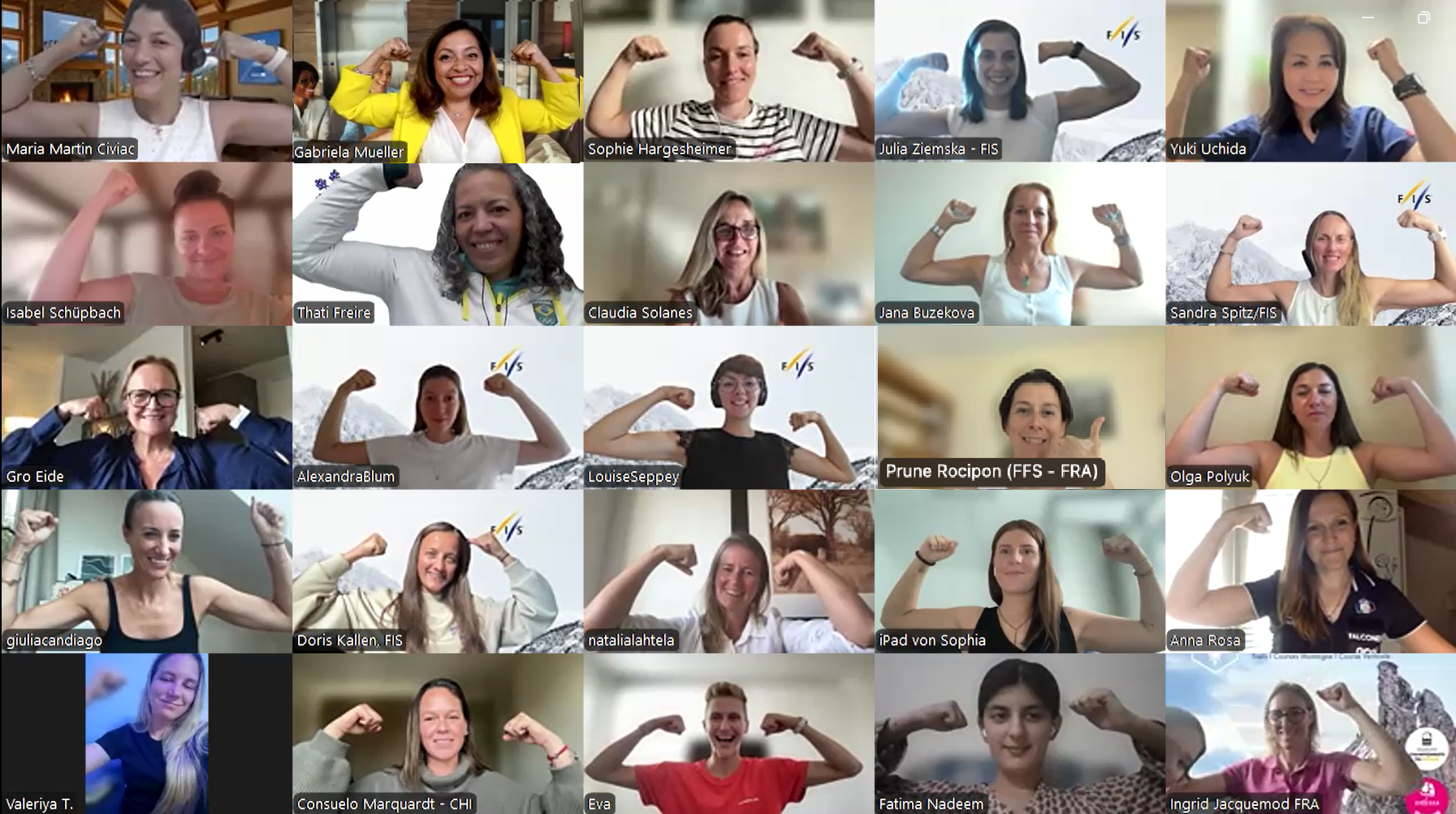Women's representation in the Olympic Games has come a long way since the first modern Games in Athens in 1896, when only 22 women out of a total of 997 athletes participated. However, there is still a long way to go in terms of gender equality in sports, and the Olympic Games Paris 2024 provide an opportunity to continue making progress.
How many women were part of the last Olympic Games? Around 45.9% of all athletes at the Olympic Games Tokyo 2020. This is in fact the highest number of female athletes in the history of the Olympic Games. In 1992 Barcelona Games, women made up only 23.8% of the entire group of athletes.
The work is not done. There is still a significant gender gap in terms of the number of events and medal opportunities available to women. For example, in the last Olympic Games, there were only 258 events for women compared to 306 for men. Additionally, some sports have a higher representation of women than others, with athletics and swimming having the most equal representation, while boxing, judo, and weightlifting have the lowest representation of women. Think of the sport you most like and then reflect about the amount of tv/main media coverage it gets where you live. It’s still far from being equitable.
Women's representation as coaches and referees in the Olympic Games is also an important issue. At the Tokyo 2020 Games, 22.5% of all coaches were women, while only 15.9% of all referees were women. These numbers represent an increase from previous Games, but there is still a significant gender gap in these roles.
The Olympic committee under the direction of President Thomas Bach, has implemented a gender equality review process, which aims to ensure that women have equal opportunities to participate as athletes, coaches, and referees in the Olympic Games. They initially wrote over two dozen of “recommendations” to achieve gender equality. That did not really as recommendations to do are not equal to actions. the IOC has established a Women in Sport Commission, which works to promote and develop women's participation in sport at all levels.
Despite these efforts, there is still a long way to go in terms of gender equality in sports.We look forward to the Games in Paris in 2024, they will provide an opportunity to continue making progress towards a more equal representation of women as athletes, coaches, and referees. By increasing the participation of women in these roles, we can help to create a more inclusive and equitable sporting environment for all.
In Women Lead Sports we continue supporting women who want to lead, to coach and become referees at the highest level. We are not done, there’s work to be done before and after Paris.
Women's representation in the Olympic Games has come a long way since the first modern Games in Athens in 1896, when only 22 women out of a total of 997 athletes participated. However, there is still a long way to go in terms of gender equality in sports, and the Olympic Games Paris 2024 provide an opportunity to continue making progress.
How many women were part of the last Olympic Games? Around 45.9% of all athletes at the Olympic Games Tokyo 2020. This is in fact the highest number of female athletes in the history of the Olympic Games. In 1992 Barcelona Games, women made up only 23.8% of the entire group of athletes.
The work is not done. There is still a significant gender gap in terms of the number of events and medal opportunities available to women. For example, in the last Olympic Games, there were only 258 events for women compared to 306 for men. Additionally, some sports have a higher representation of women than others, with athletics and swimming having the most equal representation, while boxing, judo, and weightlifting have the lowest representation of women. Think of the sport you most like and then reflect about the amount of tv/main media coverage it gets where you live. It’s still far from being equitable.
Women's representation as coaches and referees in the Olympic Games is also an important issue. At the Tokyo 2020 Games, 22.5% of all coaches were women, while only 15.9% of all referees were women. These numbers represent an increase from previous Games, but there is still a significant gender gap in these roles.
The Olympic committee under the direction of President Thomas Bach, has implemented a gender equality review process, which aims to ensure that women have equal opportunities to participate as athletes, coaches, and referees in the Olympic Games. They initially wrote over two dozen of “recommendations” to achieve gender equality. That did not really as recommendations to do are not equal to actions. the IOC has established a Women in Sport Commission, which works to promote and develop women's participation in sport at all levels.
Despite these efforts, there is still a long way to go in terms of gender equality in sports.We look forward to the Games in Paris in 2024, they will provide an opportunity to continue making progress towards a more equal representation of women as athletes, coaches, and referees. By increasing the participation of women in these roles, we can help to create a more inclusive and equitable sporting environment for all.
In Women Lead Sports we continue supporting women who want to lead, to coach and become referees at the highest level. We are not done, there’s work to be done before and after Paris.


